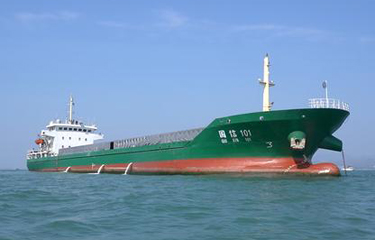China’s recent embrace of deepwater mariculture is generating massive opportunities for the country’s seafood industry, but it’s also presenting challenges for certification bodies, which are finding it difficult to assess these facilities properly.
China has been doubling down on deepwater offshore mariculture and pushing major expansions of the sector in recent years. Major state corporations, including Shandong Marine Group and Qingdao-based Guoxin Development Group, have been working to launch offshore aquaculture platforms that can often combine mariculture and tourist activity.
The increased push for offshore aquaculture is creating dilemmas for aquaculture certification bodies, as the process is still in many cases in a pilot phase and differs heavily from traditional near-shore net pen aquaculture. One such certifying body is the Global Seafood Alliance, which runs the Best Aquaculture Practices (BAP) certification program. The organization has signaled it may need to alter certain guidelines to meet the unique needs and features of deepwater facilities.
“We keep a close eye on deepwater offshore aquaculture, as it’s a trend [highlighted] by the government,” Iris Xin Wang, a market development manager for BAP in China, said. “But, it also brings challenges for a certification standard like us. [Our] environment assessment might be more difficult [to conduct], and the social clauses might need to be updated [for deepwater facilities].”
The GSA has had a presence in China for several years and has certified offshore cage farms in the country, including a golden pompano farm that earned BAP certification in 2018, as well as Ningde Muyu, a yellow croaker farm using deep-sea cages.
Wang’s office has also been in talks with the ...
Photo courtesy of Guoxin Development Group








